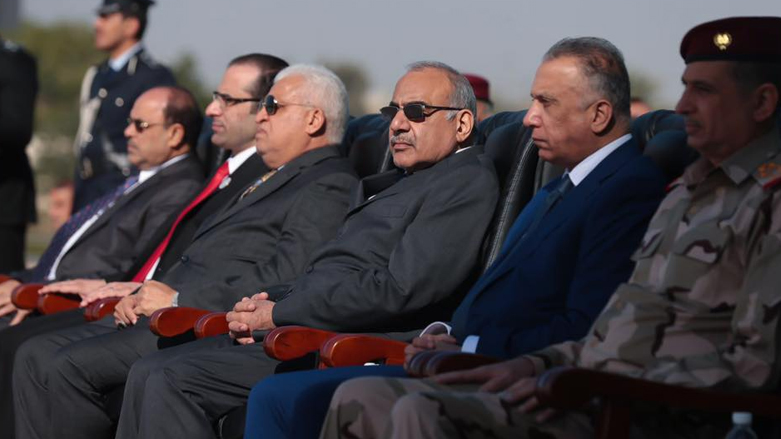Iraqi PM orders investigation into deadly ISIS attack against milita

ERBIL (Kurdistan 24) – Iraqi Prime Minister Adil Abdul-Mahdi on Thursday ordered an investigation into the bloody attack on Shia militia fighters in a rural area northwest of Kirkuk Province the night before, leaving several dead and 31 more injured.
The PM directed the creation of “an investigation into the circumstances of the cowardly terrorist attack on a group of members of the Hashd al-Shaabi on their way back [home] yesterday,” according to a statement from Abdul-Mahdi’s office.
The attack “targeted an off duty Hashd al-Shaabi division,” traveling on a road in the disputed district of Makhmour, a statement from the official Security Media Cell read. The men are part of the Turkmen Brigades, which falls under the Hashd al-Shaabi umbrella organization of militias incorporated into Iraq's security apparatus to help fight the Islamic State after the group's emergence in 2014.
Wednesday night's attack came while the militia fighters were passing through areas south of Makhmour. Initial numbers indicated that six militia members were killed while 31 others were injured, all of whom were “unarmed,” according to a statement released by the Iraqi Ministry of Interior. Reporting by Reuters, however, has suggested that an additional one of those wounded had passed away.
Related Article: WATCH: Deadly ISIS ambush in Makhmour kills 6 Shia militia members, wounds 31
Makhmour is administratively run by the Nineveh Provincial Government, and although the exact location of the incident is unclear, media reports suggest that it occurred between Makhmour and the Dibs District of Kirkuk Province.
This area is largely made up of vast tracts of arid terrain and is the site of sparsely populated Islamic State hideouts, from where its militants plan and carry out attacks. Iraqi security forces regularly conduct operations, including bombardment, of the areas where suspected terrorists are believed to be hiding.
“Field commanders must be fully committed to provide the necessary precautions and ensure the protection of off duty [fighters],” Abdul-Mahdi stressed. The statement gave no further details.
Despite Iraq declaring a “final victory” against the extremist group in December 2017, they continue to carry out sporadic attacks, including bombings, assassinations, and kidnappings in previously liberated areas like Mosul, and also in areas it never controlled like the capital of Baghdad.
Editing by John J. Catherine
